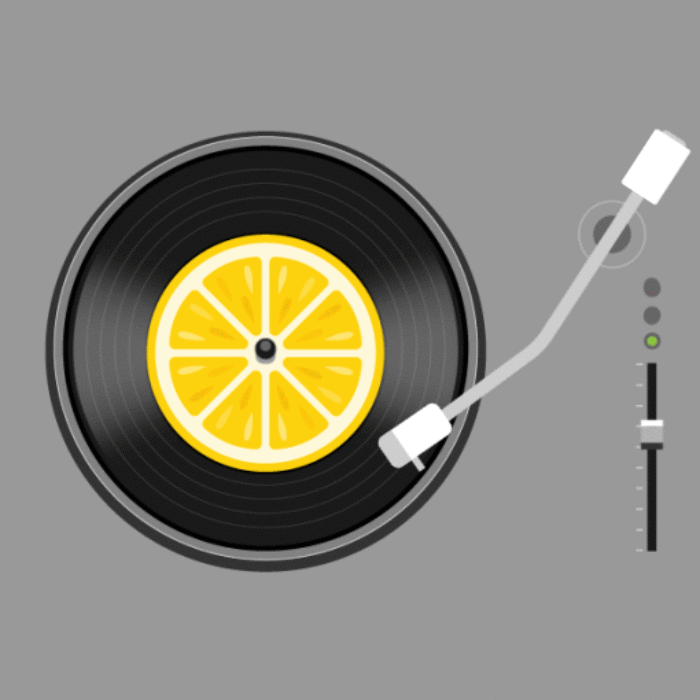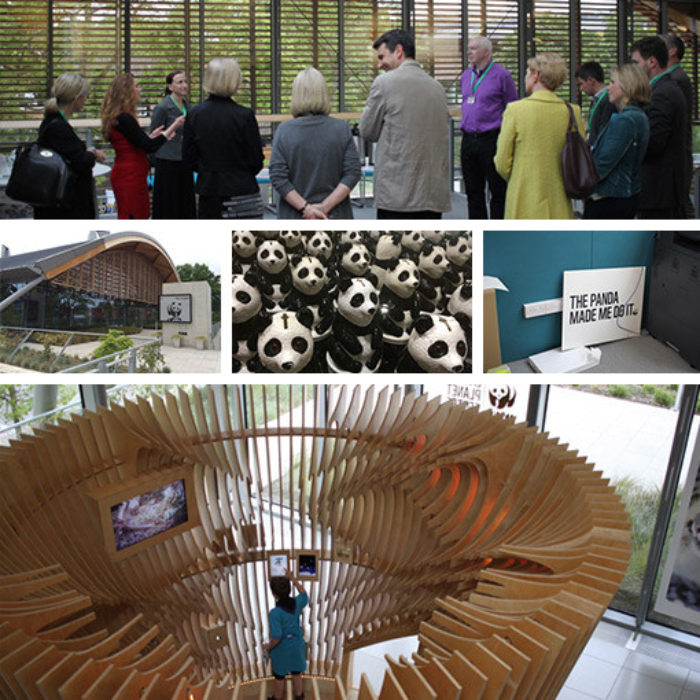The power we have is infinite
The Power we have is Infinite
According to author Eric Liu “The key variable now is whether citizens will remember how to claim power.” He insists that “You’re more powerful than you think.”
Believe in your power
“It’s a Wonderful Life” is consistently rated as one of the best films of all time. Why? Because it’s a stark example of how the life of one person – in this case James Stewart’s perfectly played George Bailey – can have a dramatically positive impact on the life of a whole community.
One young girl, Greta Thunberg, initiating a school strike on Fridays in Sweden had a major impact on worldwide support for action on climate change. The death of one man, George Floyd, fuelled the global Black Lives Matter movement. Individual voices raised against sexual harassment didn’t just take down movie mogul Harvey Weinstein, they helped draw a line against disrespect for women in any workplace.
Power has many forms and is assumed to lie with politicians, the wealthy and private businesses. Power can be money, influence, share of voice, numbers, force, ideas, social norms and legislation. Founder of Citizen University Eric Liu believes the power that flows through networks, organisations, laws and narratives can be mapped.
In his book “You’re more powerful than you think” Liu shares how citizens can act to give themselves more power. Power is infinite, he argues. Organising can create power without taking it from anyone else. We create power when we act. We yield power to others when we don’t act. A lot of “smalls” can take on any “big”. And if we believe this, we can make it so. Liu outlines three strategies to take power.
Change the story
One: you can change the game by understanding the rules that give people power. According to Liu: “If the game is rigged, don’t say so generally; say so precisely”. Rosa Parks initiated the civil rights movement when she refused to give up her seat to a white man on a bus in Montgomery, Alabama. Vivian Malone Jones was one of the first two black students to register for the University of Alabama. Civil rights leader John Lewis who died earlier this month (July 2020) wrote shortly before he died: “Ordinary people with extraordinary vision can redeem the soul of America by getting in what I call good trouble, necessary trouble.”
Two: you can change the story. Liu tells the story of the Declaration of Sentiments in 1848 signed by sixty-eight women and thirty-two men that stood against the culture that men ran public life and women were their dependents. They used the words of the Declaration of Independence to reposition the issue, stating “we hold these truths to be self-evident: that all men and women are created equal.”
Three: you can create powerful networks. “When we act powerful, we become powerful,” says Liu. “You don’t need a majority to wield power. You need a demand, and you need to put it in motion in ways that others can join”. People don’t need permission to set up networks of power. We see that today across the world. Even if governments won’t act, we can. We have the power.
Create some light
In the early 1980s, I lived in one of the coldest outposts of the UK, Aberdeen. Not even long johns can keep out that chill. One winter, as the snow fell and the winds blew, a power outage shut down heat and light across the city. The local radio station kicked off a help your neighbour scheme, lighting the touch paper on looking out for each other, whether taking soup to elderly neighbours or giving out torches and batteries. Crises create warmth and light. We see the same again globally through the pandemic.
But inertia is a force to be reckoned with. We need to sell the practice of taking power, and not assume people will know it’s there and be motivated to grab it. What if we helped build the skills of people in local communities who wanted to act as catalysts for change – reinventing neighbourhoods, reinventing high streets, reinventing the workplace?
What if we learned from the past? The poleis or city-states were community structures in ancient Greece which comprised between 1,000 and 10,000 citizens. Each polis had a degree of autonomy and power. We might learn from them about the importance of the ties that bind communities – like social hubs, culture and architecture?
But whatever we do, we shouldn’t wait. As Liu says: “act as if you already had the social and civic power you seek.”
To learn more, or to arrange a bespoke purpose-focused digital Discovery Session tailored to your organisation, please contact:
Elaine Smith
elaine.smith@corporateculture.co.uk
0151 494 5844



